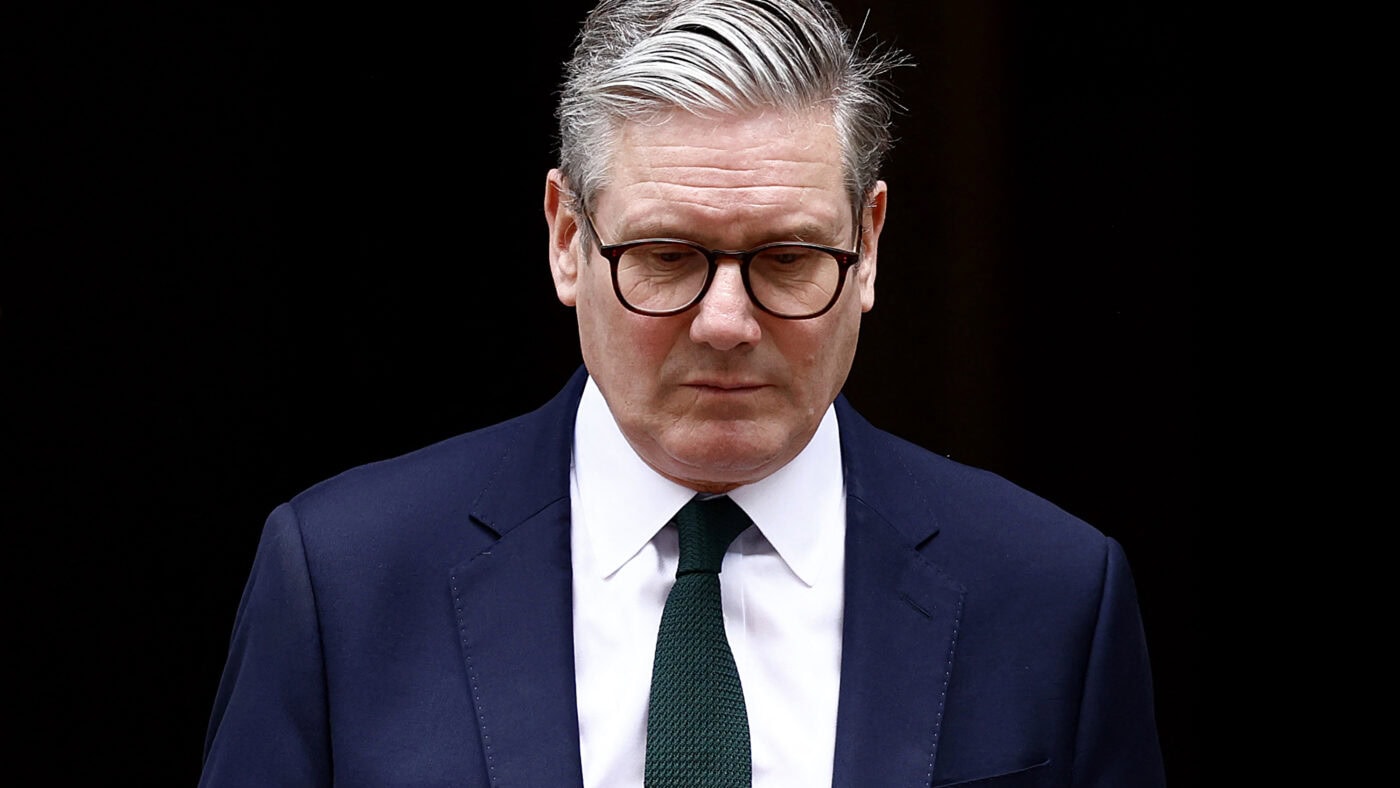Autumn approaches, but not much in the way of mellow fruitfulness. In the UK, the public mood has not seemed gloomier since the late 1970s. In much of the US, for gloom, read anger. On both sides of the Atlantic, there is a withdrawal of faith in institutions and in democracy itself. This is alarming.
In Britain, a new government usually leads to a renewal of optimism. This has been especially true of left-wing victors. In 1945, 1964 and 1997, there was a feeling of political rebirth. In the two latter instances, there was a considerable element of meretriciousness. Yet even so, the new masters made much of the country feel better about itself.
There is little sign of that now. Keir Starmer is a difficult man to read. One suspects that he is much more left-wing than he has hitherto felt it safe to admit and that there is also a social chip. Whatever the explanation, there seems to be no generosity of spirit, no eloquence, no ability to reach out to the nation.
There has also been a significant intellectual failure. In the run-up to the election, Labour had an important asset: Rachel Reeves. Not much generosity of spirit there either and not much in the way of eloquence – but in difficult times, an aspirant Chancellor is entitled to sound austere.
A new and cunning Chancellor from an incoming party would also be wise to announce that the books are in a terrible shape and that harsh measures will be essential to clear up the opponent’s mess. Rachel Reeves tried that but was immediately confronted by problems. First, in the era of the Office of Budget Responsibility and the transparency which it imposes, it is much harder to claim that a new government has inherited black holes. Second, Reeves has faced a formidable opponent. Since the election, Jeremy Hunt has been by some way the most effective politician in Britain. While rebutting Labour’s charge, he has clearly enjoyed himself. He has ruled himself out of the Tory leadership contest. A fair number of Tories now regret his decision.
Finally, Labour have delivered two hilariously contradictory messages. It has declared that the country is broke because the Tories have spent all the money. But that does not apply if you are a public sector trade union. In that case, form a disorderly queue and demand whatever you feel like.
Before the election, Rachel Reeves stressed the importance of growth. Most Tories would have agreed, and many would have privately conceded that they had not done enough to address that vital objective. This view was widely shared in commerce and finance. There was a feeling: ‘Well, incoming Chancellor, if you can deliver growth, good luck to you’.
Yet it now appears that her growth strategy is collapsing. It seems to involve higher taxes on enterprise and fewer obstacles to militant trade unionism, plus a huge increase on energy costs. Where will the growth come from in all that?
This helps to explain a surprising phenomenon. A few weeks ago, the Conservative Party was shattered. It still faces mountainous obstacles on the road to recovery. But there has been a change of mood and a revival in morale.
It was never likely that the Starmer government would have a prolonged honeymoon with the electorate. Yet no-one would have thought that the couple would be sleeping in separate bedrooms quite this early. Labour still has a massive majority. To paraphrase Bagehot, one cannot underestimate the brute force of a parliamentary majority. But if the a government is only offering higher taxes on wealth creators plus all round wokery and no measures to deal with immigration, a Tory recovery might come sooner than would have seemed remotely possible in the aftermath of the recent unprecedented defeat.
Click here to subscribe to our daily briefing – the best pieces from CapX and across the web.
CapX depends on the generosity of its readers. If you value what we do, please consider making a donation.


